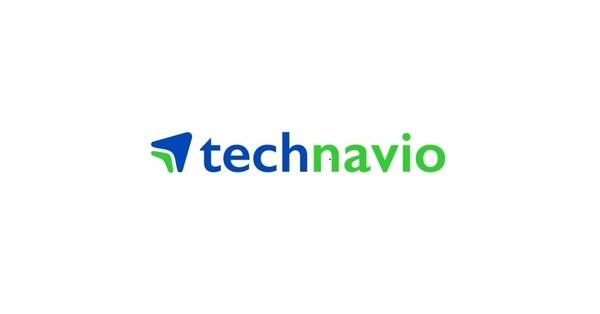Originally published on Technavio. The Soybean Seed Market is projected to expand by USD 3.59 billion, with a CAGR of 6.29% expected between 2023 and 2028. In North America, the market experiences significant growth driven by the growing adoption of plant-based diets and the preference for plant-derived protein sources, positively influencing the demand for soybean seeds and soy-based products like soy protein and soybean oil. Ongoing innovations in the food industry introduce new soy-based products aligned with changing consumer preferences, with companies like ADAMA Ltd offering non-GMO certified soybean seeds and related treatments, indicating promising growth prospects, consumer benefits, and global consumption trends.
Key Driver
The nutritional richness of soybeans significantly propels the market. Soybean seeds, abundant in protein, fiber, and healthy fats, serve as a vital protein source, especially for those adhering to vegan or vegetarian diets. They are considered a complete protein, providing all essential amino acids. The market flourishes due to the increasing demand for plant-based protein and disease-resistant varieties, fueling the production of soy-based products like tofu, tempeh, soy milk, and meat substitutes. Furthermore, soybeans offer a plethora of nutrients, including vitamins, minerals, and low saturated fats, contributing to health benefits such as alleviating menopausal symptoms and reducing the risk of certain cancers, driving market growth during the forecast period.
Key Trends
Technological advancements in soybean processing emerge as a notable trend in the market. Innovations in processing methods enhance product quality, including flavors, textures, and nutritional profiles. High-quality soy seeds are more likely to meet consumer preferences, stimulating demand across various applications like food, animal feed, and industrial products. Enhanced extraction technologies improve soybean oil yield, while innovations in isolating and modifying soy proteins enhance functionality and versatility, expanding their application in food and beverage products. Additionally, advancements in lecithin extraction and purification contribute to increased purity and wider applications of soy lecithin, fostering market trends during the forecast period.
To Learn deeper into this report , View Sample PDF
Significant Challenge
Biotech regulations regarding GM seed usage pose a major challenge to the market. The soy seed industry's reliance on regulations surrounding biotechnology and genetically modified seeds impacts the adoption and commercialization of GM varieties due to regulatory hurdles and public concerns. Although GM soybeans offer benefits like pest resistance, environmental concerns regarding biodiversity and ecosystems, along with varying regulatory frameworks globally, hinder their adoption and compliance, presenting challenges to companies operating in the global market during the forecast period.
Market Segmentation by Distribution Channel
Increased accessibility drives growth in the offline segment, fueling market expansion. Offline channels like agricultural supply stores and retail nurseries provide wider consumer access, especially in rural areas with limited online presence. Leveraging established retail networks, offline channels attract consumers preferring physical retail stores, contributing to segment growth and overall market expansion during the forecast period.
Market Segmentation by Type
The genetically modified segment anticipates significant growth driven by factors like population growth, shrinking arable land, and changing climatic conditions, fostering the adoption of GM soy seeds. Advancements in biotechnology and genetic engineering techniques further propel the growth of this segment during the forecast period.
Contact us for tailored solution
Technavio Research
Jesse Maida
Media & Marketing Executive
US: +1 844 364 1100
UK: +44 203 893 3200
Email: media@technavio.com
Website: www.technavio.com/

